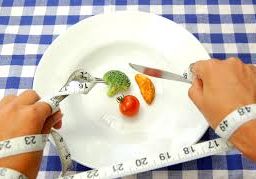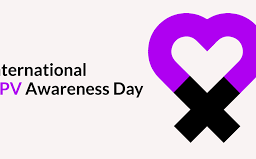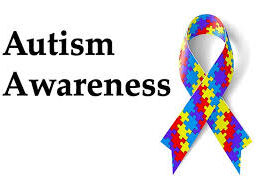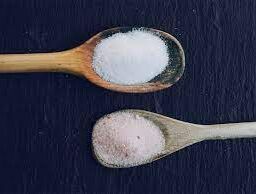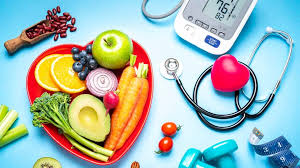
The Essential Guide to Hypertension Management: Lifestyle, Medication, and More
Unlock the potential of better health with the exploration of salt restriction and its impact on managing hypertension. Hypertension, a prevalent health concern, can be effectively addressed through moderate dietary changes. In this journey, we delve into the significance of reducing salt intake and its positive influence on blood pressure. Discover practical strategies, from mindful cooking habits to smart food choices, that contribute to a healthier lifestyle and aid in the pursuit of optimal cardiovascular well-being. Embrace the power of salt restriction as a key player in the comprehensive approach to hypertension management.
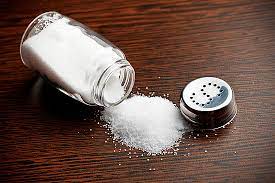

Hypertension, or high blood pressure, is a common health issue that affects millions of people worldwide. It is a major risk factor for heart disease, stroke, and other serious health problems. While there are many factors that contribute to hypertension, including genetics and lifestyle choices, diet is one of the most important. In particular, excessive salt intake has been linked to high blood pressure. But can moderate dietary salt restriction help improve blood pressure?
Overview of salt restriction
Studies have shown that reducing salt intake can help lower blood pressure in people with hypertension. The American Heart Association recommends that adults consume no more than 2,300 milligrams of sodium per day, and ideally no more than 1,500 milligrams per day for those with hypertension. However, the average American consumes around 3,400 milligrams of sodium per day, mostly from processed and restaurant foods.
Moderate dietary salt restriction can be an effective way to lower blood pressure in people with hypertension. This can be achieved by reducing the amount of salt added to food during cooking and at the table, as well as by choosing low-sodium foods and avoiding high-sodium processed and restaurant foods. It is important to note that reducing salt intake may not have an immediate effect on blood pressure, and it may take several weeks or months to see a significant improvement.
While moderate dietary salt restriction can be helpful in managing hypertension, it is not a substitute for other lifestyle changes and medical treatments. Regular exercise, maintaining a healthy weight, quitting smoking, and taking prescribed medications as directed are all important for managing hypertension and reducing the risk of complications. It is also important to work with a healthcare provider to develop an individualized treatment plan that takes into account your specific health needs and goals.
In conclusion, hypertension is a serious health issue that requires careful management and treatment. While moderate dietary salt restriction can be helpful in lowering blood pressure, it is just one part of a comprehensive treatment plan. By making healthy lifestyle choices and working with a healthcare provider, people with hypertension can reduce their risk of complications and improve their overall health and well-being.
Disclaimer: The information provided in this content is for general informational purposes only. It is not intended as medical or healthcare advice, diagnosis, or treatment. Always seek the advice of a qualified healthcare professional with any questions you may have regarding a medical condition or healthcare decisions.



